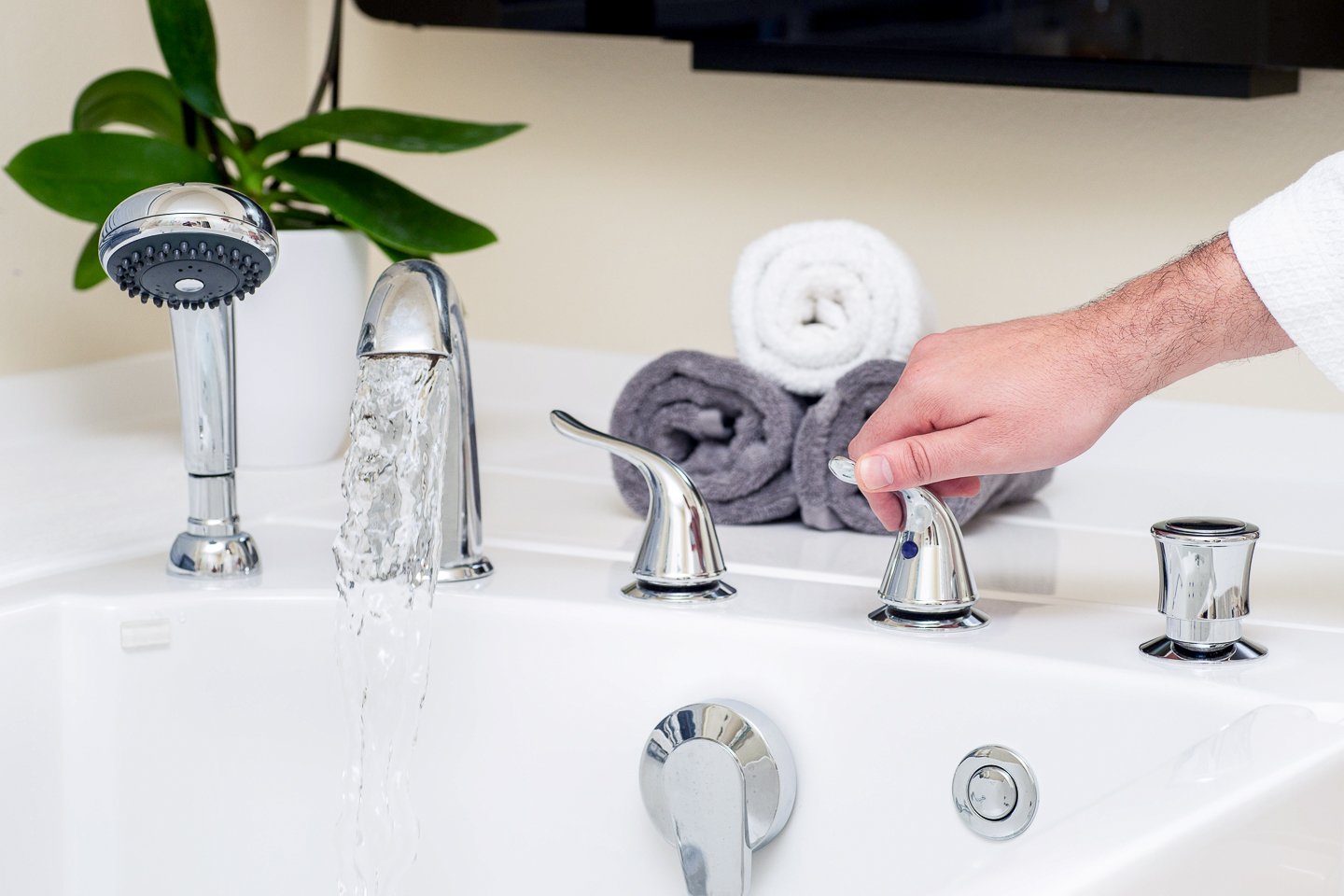Many elderly and seniors go through difficult times when bathing. The situation is all the more difficult with the caregivers who have to exhaust both physical and psychological strength to get them through bathing.
We have to understand first, some of the reasons why bathing is not one of the most pleasant things for seniors, and why they need more care when bathing. First, the risk of slipping, falling, among many accidents is higher for them because of disabilities, poor eyesight, weakened bones, and decreased mobility. Second of all, many elderly people experience psychological strain allowing people to bath them – they may feel embarrassed, futile or angry about their situation. Some of them also have pain and balance issues that make it hard for them to welcome the thought of having to bathe again.
But we all know how important it is for them to be groomed and healthy. Here are some tips to help make bathing a more pleasant experience not only for the elderly, but for caregivers as well:
1. Be Compassionate
Never make it appear as if you are burdened because of them. Never bring them to shame or embarrassment, and although bribing works sometimes, it is not a good idea. Make sure there is a schedule for them to easily follow.
2. Ensure Them with as Much Privacy As Possible
If they want to bathe alone, then try to find ways to help them do so. Install grab bars, handheld shower head, a seat when bathing, non-slip mats, and enough illumination. Prepare everything they would need beforehand and put them in a place very accessible for them.
3. Invest In a Walk-In Tub
Walk-in tubs may spell luxury for some, but it is actually designed with careful consideration of the comfort and safety of people who are old and who have special needs. Walk-in tubs have doors which open so one can easily walk into them than climb over. They are also frequently equipped with high-quality seat and non-slip floors for maximum protection from falls. Walk-in tubs are not only safe, but they allow the elderly a very pleasant bathing experience. Allow them to rest under warm water, and feel the benefits of hydrotherapy taking over in the long term.
4. Be Willing To Negotiate
If they do not feel well about bathing, you can give them a few options to negotiate. You can, for example, separate the washing of the hair from a full shower. Negotiate on how often they will have to bathe fully – three times a week is usually enough, and fill in the rest of the says with a good sponge bath. If they wish to bathe with full clothes, then find a way to compromise. When negotiating, make sure to use a calm and positive voice.
It is important for an elderly to have a pleasant experience during bathing. The more pleasant the experience will be, the more likely will they not resist it the next time you invite them. The better is it for them; the easier it will be for you.




